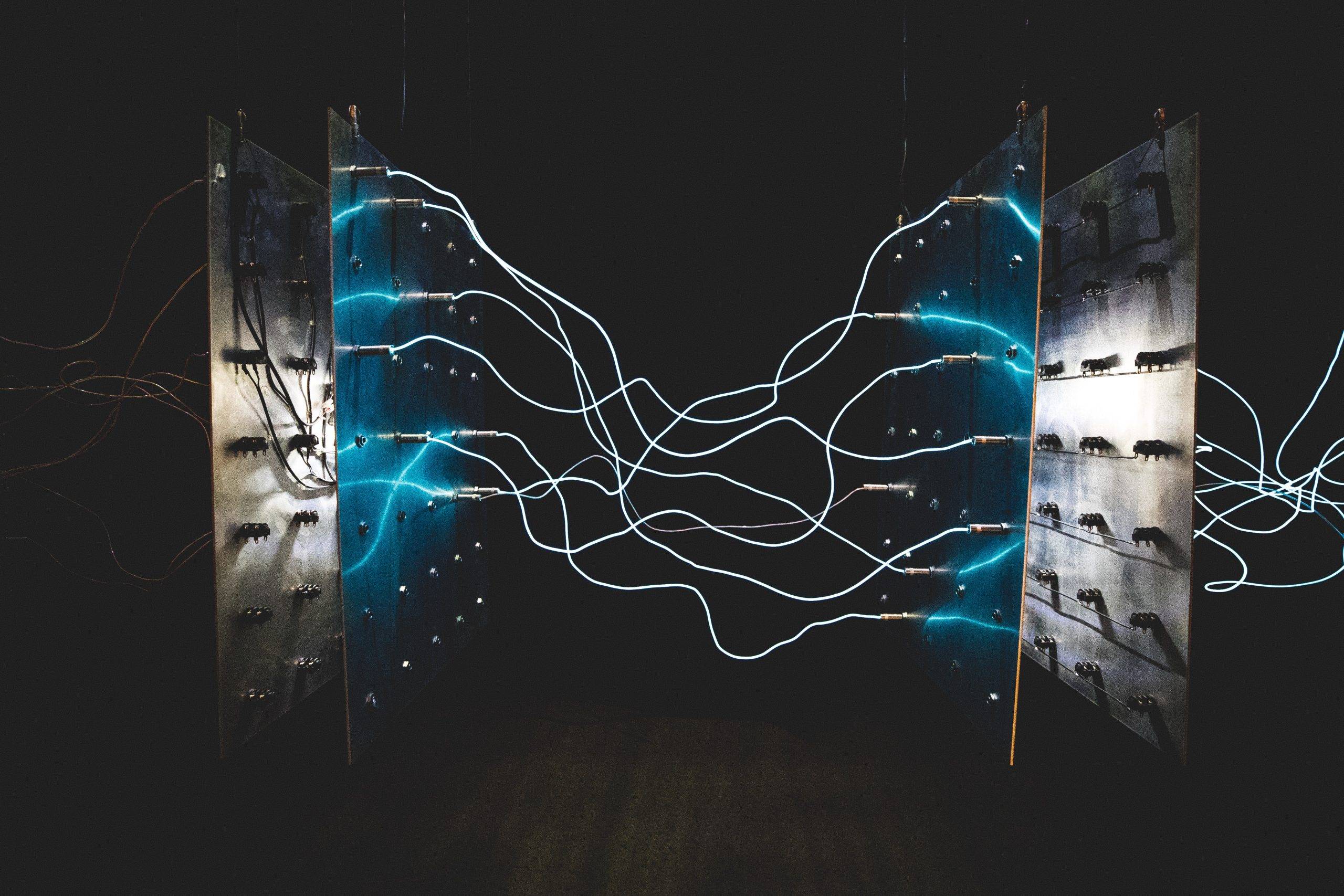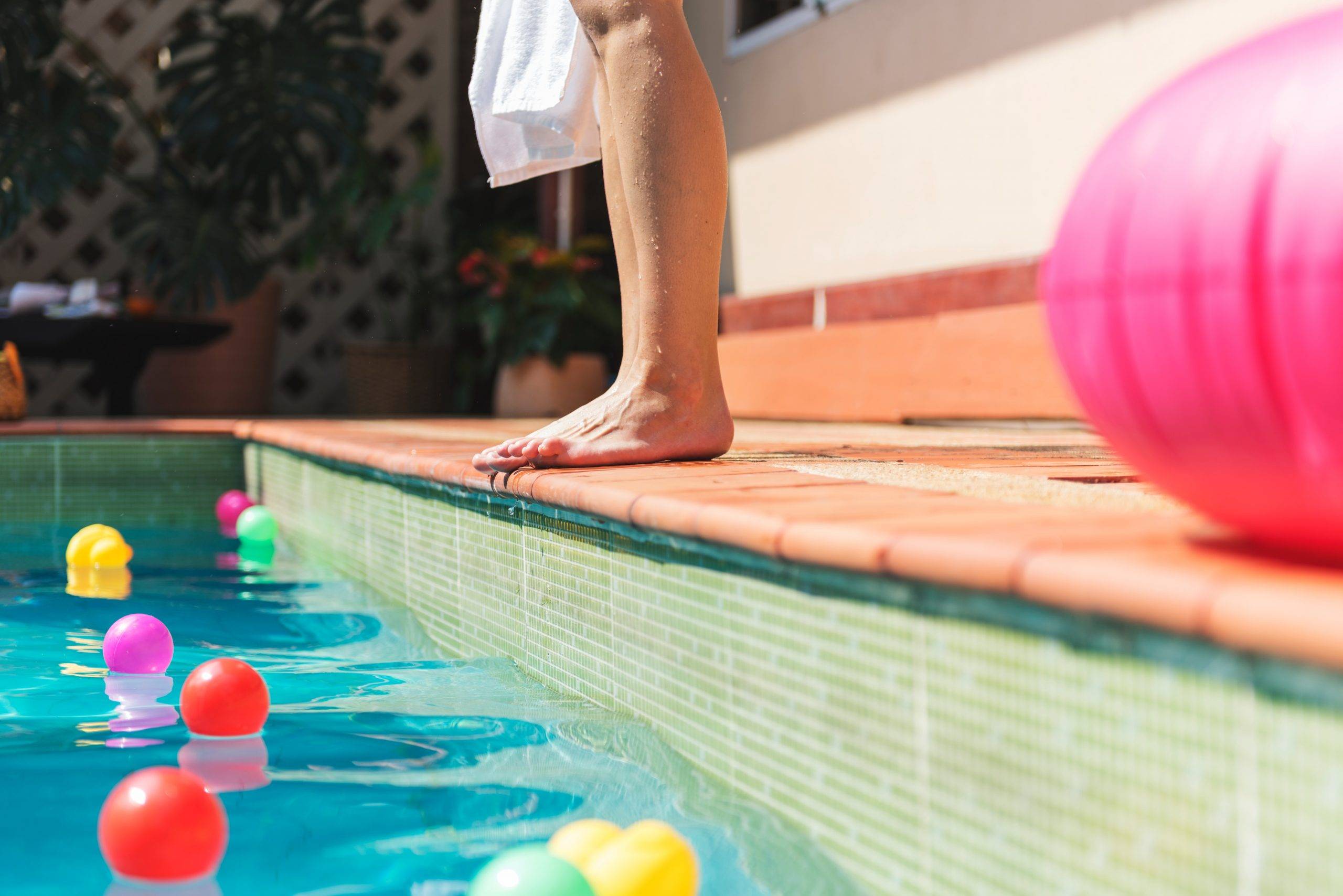thanks, I've been reading about grounding and bonding for the past hour and freaking out that my pool is unsafe (even though we haven't had an issue in the 8 years we've been using it).
plumbing used to be copper 1.5" and we had things changed out for PVC 2" when installing a new pump and filter.
I took my multimeter out to the pool, here is what I know seems to be connected together when testing conduction:
very little resistance (0hm) when:
- connecting underwater pool light ground (disconnected temporarily) and pump bounding connector (even though I just realized the bounding wire coming off the pump has been cutout)
- connecting underwater pool light ground (disconnected temporarily) and main metal conduit coming from the main panel.
less than 5 Ohms resistance when:
- plunging both legs of the multimeter in the water
- connecting water to main conduit coming from main panel
- connecting water to underwater pool light ground (disconnected temporarily)
so, from what it looks like, everything seems to be grounded together and there is conductivity between the water and all the grounds.
I suspect the old copper plumbing was acting as the bonding system and the pump bonding lug used to be connected to it.
Of course the guys that replaced the plumbing didn't know about bonding...
I have nothing metal near the pool or in the water.
What other test should I be conducting? Is it worth having an electrician come out and inspect?
other conductivity tests I did:
I have small copper or brass drain covers that I installed around the pool concrete deck to drain the splash water out.
- The conductivity between these plates and the water measures at around 10 Ohms
- The conductivity between the plates and the electrical ground also measures at 10 Ohms
Does this proves there is a proper bonding?
I guess the only thing left is where do I connect the pump and SWG bonding to?



